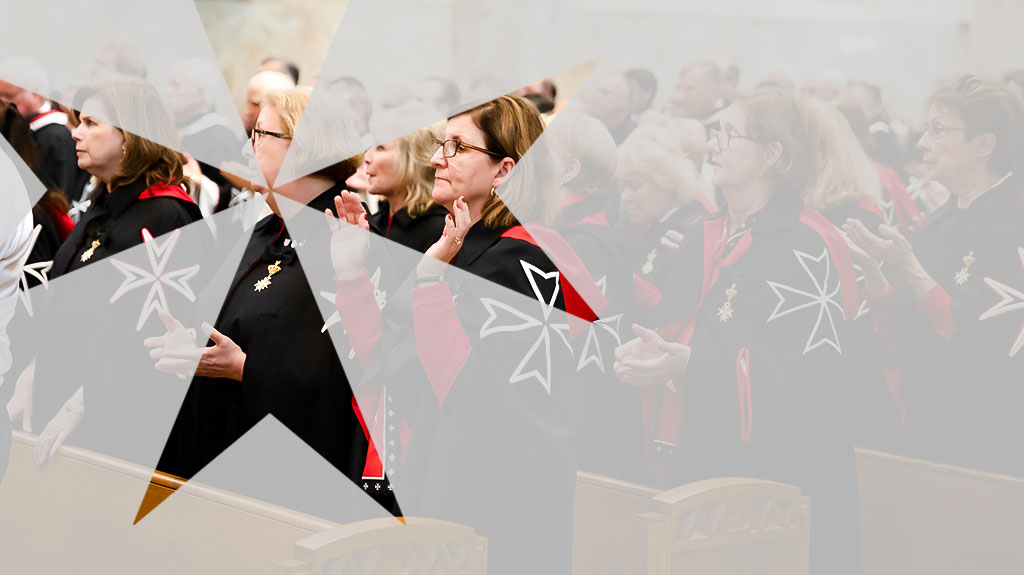The definition of peace as “the absence of war” is attributed to Albert Einstein, and quoted by Pope Paul VI. Martin Luther King, Jr. and President Obama have employed slight variations in public addresses, but the message is the same, sad suggestion that peace is an emptiness contrasted to the more common experience of warfare. In our modern world we are surrounded by imperfect treaties crafted to secure this kind of peace.
These treaties are undoubtedly the best deals their negotiators could frame, but the shifting allegiances we witness are a testimony to the world’s very dim understanding of peace – and a very good reason for Jesus to offer an alternative vision of what St. Teresa of Avila calls “…the ineffable joy which one receives together with many other blessings in the kingdom of heaven.”
Our theology tells us that peace is a state of tranquility between persons or within oneself. Its basis is the virtue of charity, in which all desire is united in a desire for God. The beatitudes describe our relations with created things and with other people, and they remind us that virtue, like sin, has social consequences. We may rejoice in personal peace, but peace does not end with us. A modern religious song prays, “let there be peace on earth, and let it begin with me.” These words describe a movement from the individual into the world, from personal enjoyment of a blessing to its global potential. Peace has a social dimension because God commands us to love one another as we love ourselves, which means fulfilling to some extent the will of our neighbor as if it were our own.
Our theology employs a descriptive expression, bonum diffisivum sui, to describe this movement from the individual to others. The Latin means, “a good that diffuses itself,” or “spreads itself around.” Some gifts are too good to keep to ourselves; peace is one of them.
To share the Eucharist is the high point of our life as God’s people on earth. Everything else we eat becomes a part of us, but our communion transforms us into what we eat, and we become what we celebrate: the Body of Christ. Not surprisingly, the personal and global dimensions of peace intersect in the liturgy.
Just after we say the Lord’s Prayer, we hear the words “Lord, Jesus Christ, you said to your apostles, ‘I leave you peace, my peace I give you’… give us the peace and unity of your kingdom.” The emphasis here should be on Christ’s saying “my” peace, and as we count up our nation’s allies and enemies around the globe, the distinction between Christ’s peace and the world’s should be very clear.
As we enter into this New Year, let us pray 2017 may be a year of peace, and we may be its ministers.
By Father Reginald Martin OP

